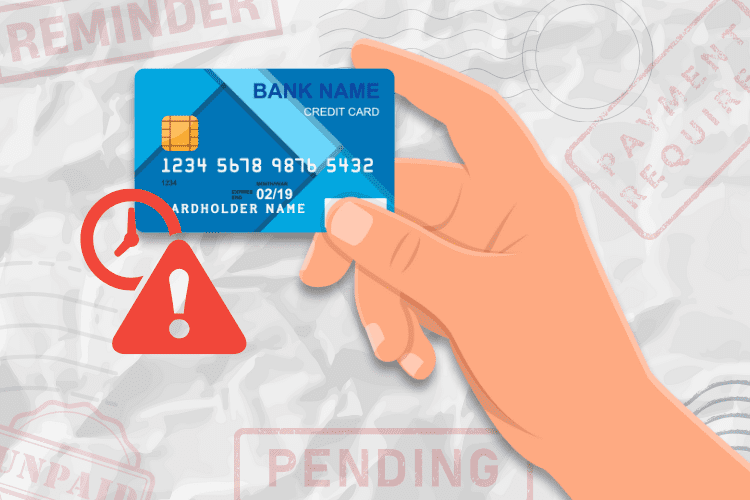Financial Expert Discusses The #1 Biggest Wealth Killer

Your monthly bills will have the most significant impact on how fast you reach financial freedom. But as financial expert Humphrey Yang points out, not all expenses are equal.
Cars are, by far, the biggest financial burden that can drain your income in no time. Besides the sticker price, you’re looking at weekly gas prices, insurance, and regular maintenance. Each of these factors can vary dramatically depending on what you’re driving.
Let’s examine why cars are such a huge wealth killer and how you can reduce your monthly payments!
Why Do Cars Hold People Back From Getting Rich?
In the US, having a car is necessary unless you live in a major city with reliable public transportation.
Still, many of us feel pressured to buy one we can’t afford just to impress our neighbors. This “keeping up with the Joneses” mentality alone can be the number one reason many people choose to finance a car (or other liabilities!) they can’t afford. In fact, 16% of American households pay over $1,000 in monthly car payments.
Many people are also falling behind on car loans at the highest rate in years. And when you factor in general upkeep and rising gas prices, it’s no wonder why cars can keep people financially trapped.
What’s The Average Cost Of Maintaining A Car?
On average, Americans spend a little over $40,000 on a new car, with monthly payments ranging from a few hundred to thousands of dollars.
But keep in mind that this is only the initial sticker price. Here are other average car expenses you need to factor in:
- Oil changes
- General maintenance
- Gas
- Insurance payments
- Taxes and fees
- Car financing
Even with the cheapest new car, the expenses will still add up to thousands of dollars yearly.
How To Reduce Your Car Payments Each Month
There are many ways to drastically reduce car bills and prevent them from consuming so much of your monthly paycheck. Here’s what you can do to get started:
Get A Used Car
The minute you drive your new car off the dealership lot, it automatically drops by 10%. And if you’re trying to sell it after three years, prepare to get back less than 50% of the original price for most models.
By shopping around for a pre-owned car, you can bypass the overinflated new car fee and still have decent wheels to get around. Sure, it won’t have that same “new car” smell, but saving thousands is worth the trade-off.
Watch Your Credit Score
Having a bad credit score can make financing a lot more expensive. Many car dealerships will give higher interest rates, adding hundreds to your monthly car payment. Working towards improving your score or even buying a cheaper car in cash will stop you from taking on the added stress of an overpriced car loan.
The Fewer Cars, The Better
Why waste money on tons of cars when you only need one? Analyzing your household’s car usage can help you reduce the number of vehicles you own.
Let’s say both of you started to work from home. Taking the morning commute out of the picture, having just one reliable car for daily errands and traveling could be everything you need.
Or if two of you have different work shifts, you can easily swap the car when it’s time for the other person to go to work.
Compare Auto Insurance Quotes Every 1 – 2 Years
On average, people spend $720/ year more than needed on car insurance because they don’t check every year on quotes. You can save money in 30 seconds using The Smart Wallet’s free portal to check for a better deal.
Little changes like the above will go a long way in controlling your car bill.
The Bottom Line
Part of reaching your financial goals is getting creative with how you meet them. And with cars one of our most significant expenses, keeping your payments and maintenance costs low can make a huge difference in your wallet.
Think of your car as something that takes you from Point A to Point B. Going all-in is tempting, but always ask yourself if forking over an extra $500 to $1000 in car bills is worth it. That extra money you’re spending each month can easily go toward your long-term financial future.
Read More:










